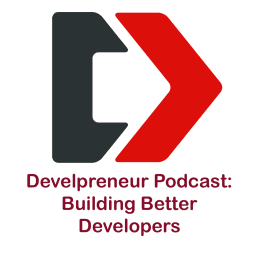No matter what physical product is created, there are bits left over. Sometimes these are full, unused products. In this episode, we look at using those to generate passive income from overages. These items are often tossed in the trash, so why not see if they are sellable. Rather than working harder, this approach will allow you to generate income from stuff you already have.
Passive Income From Overages – Trash To Treasure
There are many examples of these product opportunities. One that may be very familiar is the idea of a proof copy of a book or artwork. These are used for validating a product and are typically less than 100%. However, they may still be perfect for the right customer. Think about a run of tee shirts that is an “ugly” color. You may not want those for your use or a primary customer. Nevertheless, those products may be valuable to a slightly different customer base. That is how the knock-off market works.
Selling the End Product
Some hobbies are all about the process and not the outcome. Painting can fall into this category. Likewise, things like jigsaw puzzles, glass blowing, pottery, scale models, and more can meet this need. You may even get a bonus of being to clear out a bunch of stuff from storage that has come from your favorite hobby or pastime. This option is slightly different from a passive income from overages, but it is a way to generate revenue from “cleaning house.
Building From Outcomes
Many things we do generate cast asides or trash. These leftovers can be used as material for other products or artwork. Construction material is possibly the best example of this. You can take the odd pieces left from cutting wood or demolition tasks or find a new use for things like bottle caps or wine corks. Of course, more valuable material (think gold or copper) will have more intrinsic value as well. Nevertheless, take a look at what you have laying around after enjoying your hobby. You never know what new product idea may be waiting for you.

